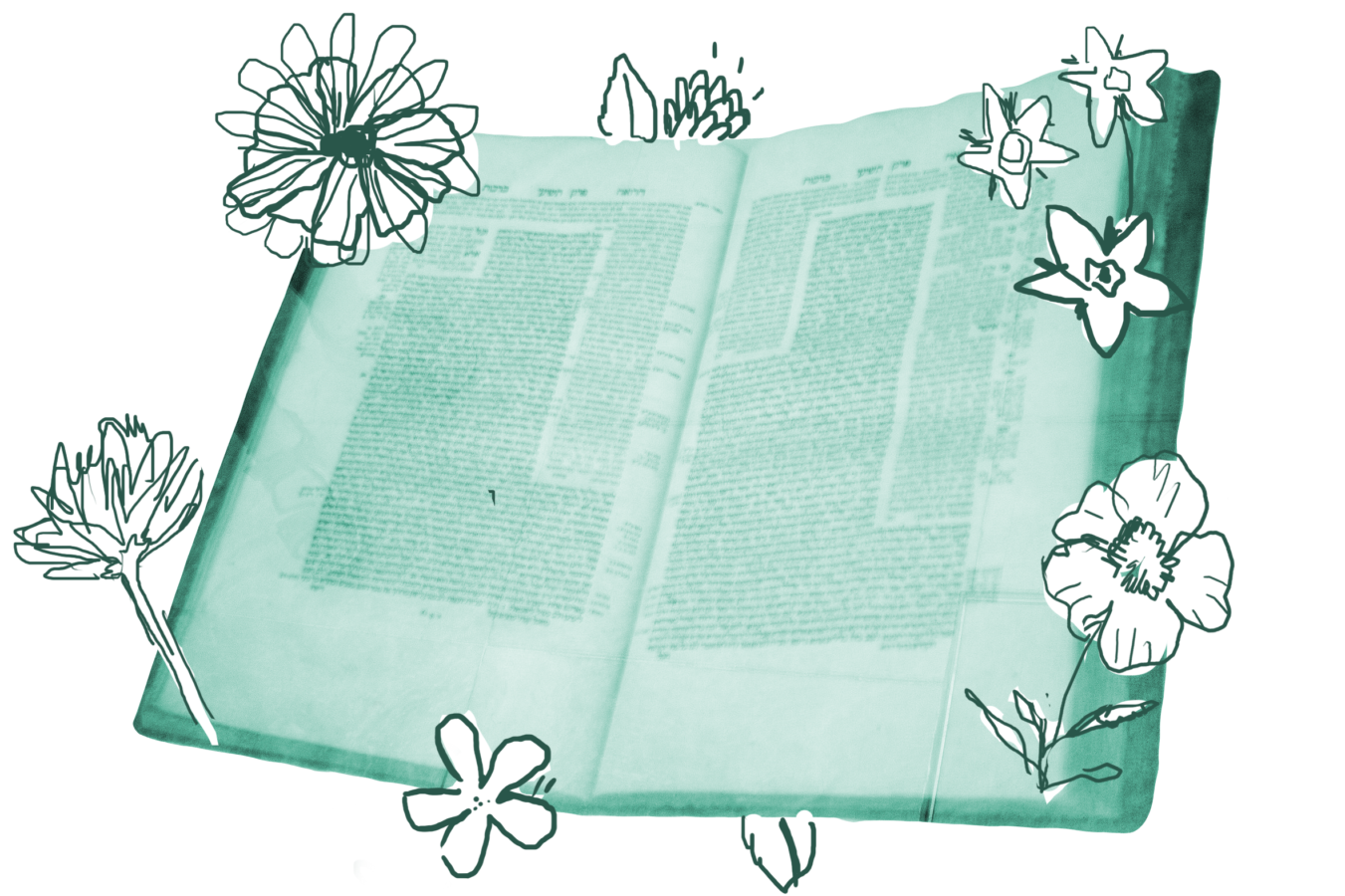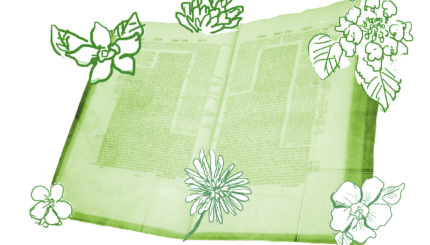Unless we’re farmers, most of us probably don’t fully appreciate the blessing of rain. How could we? Here in New England, where I live and work, we are blessed with an abundance of lakes, rivers and streams. Even during the summer, we rarely experience the kind of devastating droughts that regularly take place in, say, California.
For us, jingles that we learned in our childhood, like: “Rain, rain, go away; come again another day,” are more likely to come to our lips than a prayer for rain.
Yet, as we have seen since the beginning of our study of Taanit, the prosperity — indeed, the lives — of those living in the land of Israel in late antiquity depended on rain, and praying for it became an art form.
As we learn on today’s daf, rainfall during the rainy season was considered such a blessing that it is compared with the resurrection of the dead:
Rabbi Abbahu said: The day when rains fall is even greater than (the day of) the resurrection of the dead.
Not having witnessed resurrection, one might think that it’s hard for Rabbi Abbahu to make that audacious comparison, but he justifies it with an obvious qualitative difference:
The resurrection of the dead benefits the righteous, but rain benefits both the righteous and the wicked.
This leads Rav Yehudah to compare the blessing of rain to that of the Torah itself. As he puts it:
The day when rains fall is as great as the day when the Torah was given.
The basis for this comparison is the blessing Moses offers toward the end of the Torah, “May my instruction (lik’hi) come down as the rain” (Deuteronomy 32:2). The word “lekach” (instruction) is understood to refer to the Torah, as in Proverbs 4:2: “For I give you good instruction [lekach]; do not forsake my Torah.”
Once Rav Yehudah has compared the blessing of rain to that of the Torah, it’s as if a dam has burst, and our page is flooded with teachings about the Torah and Torah study — one of the rabbis’ favorite topics:
Rabbi Hama bar Hanina said: What is the meaning of the verse, “As iron sharpens iron, so does someone sharpen the face of their friend”(Proverbs 27:17)? This is to teach you that just as one piece of iron can sharpen another, so too do two scholars sharpen each other’s minds with halakhic discussion.
Rabba bar Hanah said: Why are the words of the Torah likened to fire, as it is said, “My word is like fire” (Jeremiah 23:29)? This is to teach you that just as it is difficult for a single solitary piece of wood to catch on fire, so too words of Torah do not endure with one who studies alone.
Rav Nachman bar Isaac said: Why are the words of Torah likened to wood, as it is said, “It is a tree of life to those who hold fast to it” (Proverbs 3:18)? This is to teach you that just as a small piece of wood may set a larger piece on fire, so it is with scholars: Younger ones sharpen the minds of older ones. This agrees with what Rabbi Hanina said: “I have learned much from my teachers; even more from my colleagues; but most of all from my students.”
And Rabbi Hanina bar Ida said: Why are words of Torah compared to water, as it is written, “Ho, all you who are thirsty, come for water!” (Isaiah 55:1)? This is to teach you that just as water flows from a higher level to a lower one, so too do words of Torah endure only with one who is modest and humble.
These exuberant comparisons reinforce one another: Sparks can fly when we study Torah, and we can burn with insight — ideally, if we study in an atmosphere of modesty and humility, learning from and with others as we drink in the refreshing words of Torah. Let’s hope for that as we continue our Daf Yomi study.
Read all of Taanit 7 on Sefaria.
This piece originally appeared in a My Jewish Learning Daf Yomi email newsletter sent on November 19th, 2021. If you are interested in receiving the newsletter, sign up here.



